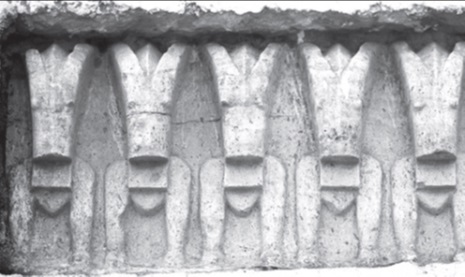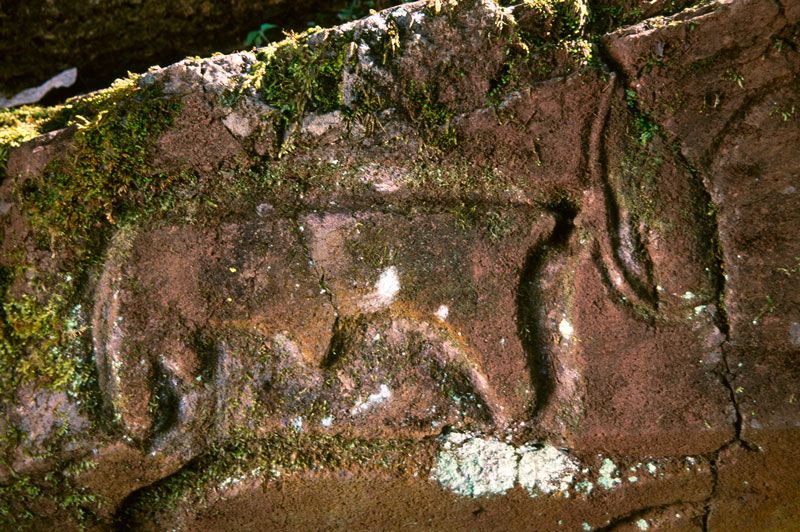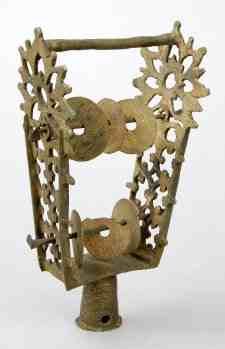
Given the obvious fact that conflicts or disputes are inevitable incidences due to the different perception of human nature, every country has its own way of resolving conflicts that are ingrained in the cultural, historical and religious values of the people.
Ethiopia, home for over 80 ethnic groups and known for its deep-rooted cultural and historical values, has also its own indigenous conflict resolution mechanisms which have been practiced for centuries and enabled the communities to address the causes of conflict, seek solution, settle disputes between and among the conflicting parties, restore the social interaction and sustain peace and solidarity.
Among these, “Shimgelena,” Arara, ‘Jaressuma,’ ‘Otubba,’ Gerad, Gereb, are the few of the conflict resolution mechanisms that have been practiced by the people of Amhara, Tigray, Kereyu, Oromo, Sidama, Somali and Afar respectively.
‘Hatred will not be unravel through justice but only with love’, is the well accepted norm of Abagar system followers of Yesema Nigus, South Wollo Zone of Ambasel woreda.
“Abagar” means a leader, mediator whose role is mediating disputes in front of elderly and carry out spiritual pray, ‘Dua’, to expel the evil spirit out of the disputing parties. Intending to make peace and reach to resolution, the elderly along with the communities will beat ‘Debe’ (drum)- from a week to month long- till consensus is reached and reconciliation is fully maintained.
“Abagar” conflict resolution mechanism is typically exercised by Muslims. However, non-Muslims are also supposed to obey and be governed by the rules. When the conflict is arisen between individuals following different religions, mostly, a Muslim and a Christian, the Christian has the right to be served with a priest (Kahan). Here the most important thing to accentuate and could also be exemplary is that religious tolerance, unity and respect among both religions.
The person who is appointed for the role of Abagar will be scrutinized for any felonious track record or checked for similar acts before anything else to identify whether he fits for the responsibility or not.
As a longstanding norm, the communities will never hide wrongdoers; instead they encourage them to resolve their disputes through the mediation of Abagars. And the conflicting parties, once they have gone the mediation process and settled their disputes through Abagar, they will never go fight again.
Though making peace might be absurd after a murder or any serious crime, coming to peace might be hard for the victim, they are not allowed to refuse going through the justice system and provided with extended period of time.
The other reconciliation process that is performed by the society is called Zewold traditional dispute resolution system. The system is mainly familiar in North Wollo Zone, Kobo Woreda and its surroundings.
Unlike the other mechanism, the Zewold has its own regulatory laws with 24 articles which make it unique. It has also gotten recognition by the regional state in 1992. As the reconciliation is part of their day to day life, the elders that are appointed for the justice system are known and approved for their unbiased, straightforward and open personalities.
If the reconciliation is within the Kobo City, the system is performed under special place called ‘Ye-Zewold Meqemecha’. However, if it is carried out in a different place, it will take place in a roofed and plane area.
The “Zewold” regulation clearly puts the amount of compensation that each wrongdoer should pay. This means depending on the severity and the state of the crime, the payment imposed on the offenders varies. The two known penalties are named: red blood and black blood. The former is a “Guma” (compensation) for a crime that was done unintentionally or during self-defense. And the suspect is obliged to pay around 10,000 Birr. While the latter is done for the crime committed deliberately due to grudge, the wrongdoer would be obliged to pay 15,000 Birr.
“Zewold” system focuses on two major conflict resolution namely ‘primary and rejat’ reconciliation. While the primary reconciliation focuses on bringing together the unintentional killer with the victim’s family, though the murderer run away, the other is done for the families of the two parties.
In some places such as Raya and its surroundings, Rejat reconciliation system is taken as the major settling systems in order to get rid of retaliation.
Taking the above and the rest of the nation’s valuable cultural and societal values into consideration, it is advisable to adopt such essential system into the modern one.
You may find the original document in the magazine published by Ministry of Culture and Tourism in Amharic Language, in October 2009 E.C.
The Ethiopian Herald May 20/2020
BY BETELHEM BEDLU





